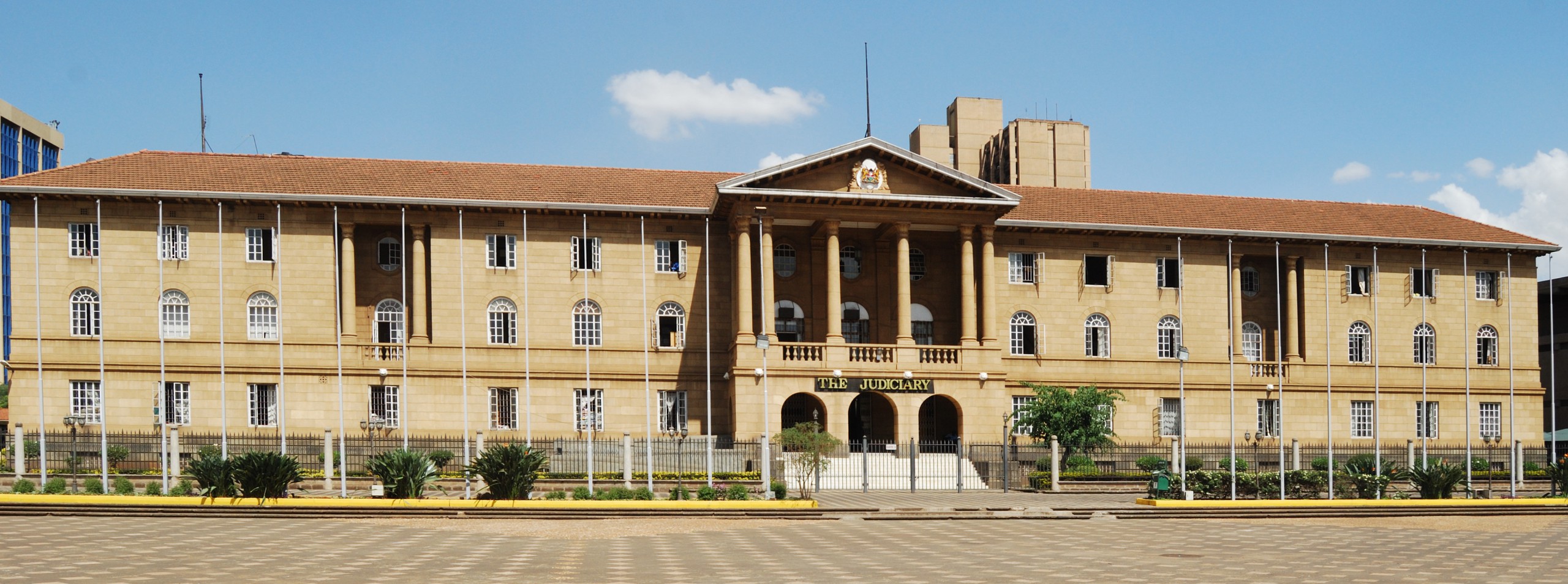Summary
Mr. Ayubi’s refugee status qualified him for a three-year residency permit and enabled him to apply for state assistance. Under Austrian law, Mr. Ayubi’s temporary residence status restricted him to receiving the minimum amount of benefits, and the District Administrative Authority of Linz-Land granted him the minimum basic allowance and a temporary supplemental allowance.
A 2015 reform of Austrian state assistance legislation mandated that refugees with temporary residency be treated the same as people with “subsidiary protection status” (third-country nationals who require protection from serious harm but do not qualify for refugee status). Both groups only qualified to receive a basic allowance and a temporary supplement. Such assistance was lower than the “needs-based minimum income protection” provided to refugees with permanent residency and other permanent residents (e.g. citizens).
The Court noted the United Nations (UN) Convention on the Status of Refugees principle that refugees and nationals should be treated equally with regard to public assistance. It took this into account when interpreting Article 29 of EU law Directive 2011/95, which requires member states who grant a person protection such as refugee status to also grant them social assistance on par with citizens. That EU law only allows states to restrict social assistance to “core benefits” for people with subsidiary protection status (and even then, only with the same level and eligibility requirements as applied to nationals).
The Court noted that newly-arriving refugees may be in more precarious situations, and that restricting their benefits would not alleviate their hardship. Furthermore, it cast doubt on whether other benefits, like a housing accommodation, would actually offset the reduction in social assistance, as the government claimed.
